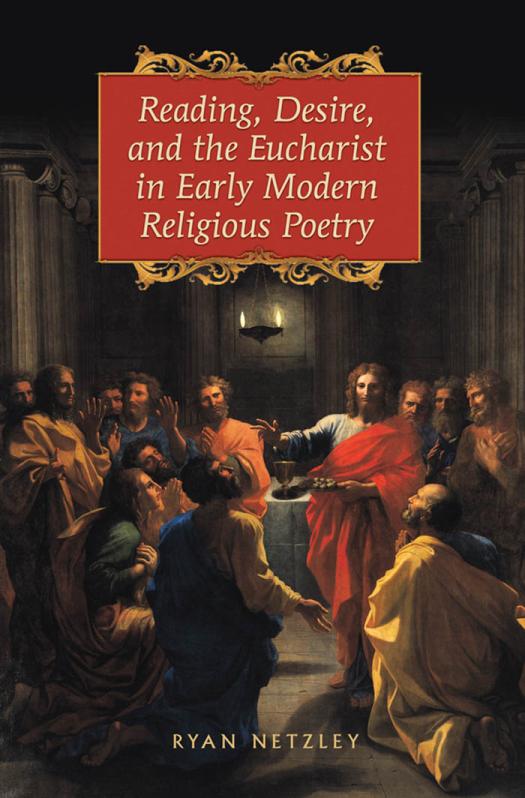

Most ebook files are in PDF format, so you can easily read them using various software such as Foxit Reader or directly on the Google Chrome browser.
Some ebook files are released by publishers in other formats such as .awz, .mobi, .epub, .fb2, etc. You may need to install specific software to read these formats on mobile/PC, such as Calibre.
Please read the tutorial at this link. https://ebooknice.com/page/post?id=faq
We offer FREE conversion to the popular formats you request; however, this may take some time. Therefore, right after payment, please email us, and we will try to provide the service as quickly as possible.
For some exceptional file formats or broken links (if any), please refrain from opening any disputes. Instead, email us first, and we will try to assist within a maximum of 6 hours.
EbookNice Team

Status:
Available4.7
28 reviews
ISBN 10: 1442694920
ISBN 13: 9781442694927
Author: Ryan Netzley
The courtly love tradition had a great influence on the themes of religious poetry—just as an absent beloved could be longed for passionately, so too could a distant God be the subject of desire. But when authors began to perceive God as immanently available, did the nature and interpretation of devotional verse change? Ryan Netzley argues that early modern religious lyrics presented both desire and reading as free, loving activities, rather than as endless struggles or dramatic quests.
Reading, Desire, and the Eucharist analyzes the work of prominent early modern writers—including John Milton, Richard Crashaw, John Donne, and George Herbert—whose religious poetry presented parallels between sacramental desire and the act of understanding written texts. Netzley finds that by directing devotees to crave spiritual rather than worldly goods, these poets questioned ideas not only of what people should desire, but also how they should engage in the act of yearning. Challenging fundamental assumptions of literary criticism, Reading, Desire, and the Eucharist shows how poetry can encourage love for its own sake, rather than in the hopes of salvation.
1 Take and Taste, Take and Read: Desiring, Reading, and Taking Presence in George Herbert’s The Te
2 Reading Indistinction: Desire, Indistinguishability, and Metonymic Reading in Richard Crashaw’s
3 Loving Fear: Affirmative Anxiety in John Donne’s Divine Poems
4 Desiring What Has Already Happened: Reading Prolepsis and Immanence in John Milton’s Early Poems
the eucharist pdf
the eucharist book
eucharist discovering the mass in the bible
eucharist reading
a key to the doctrine of the eucharist pdf
Tags: Ryan Netzley, Desire, Eucharist